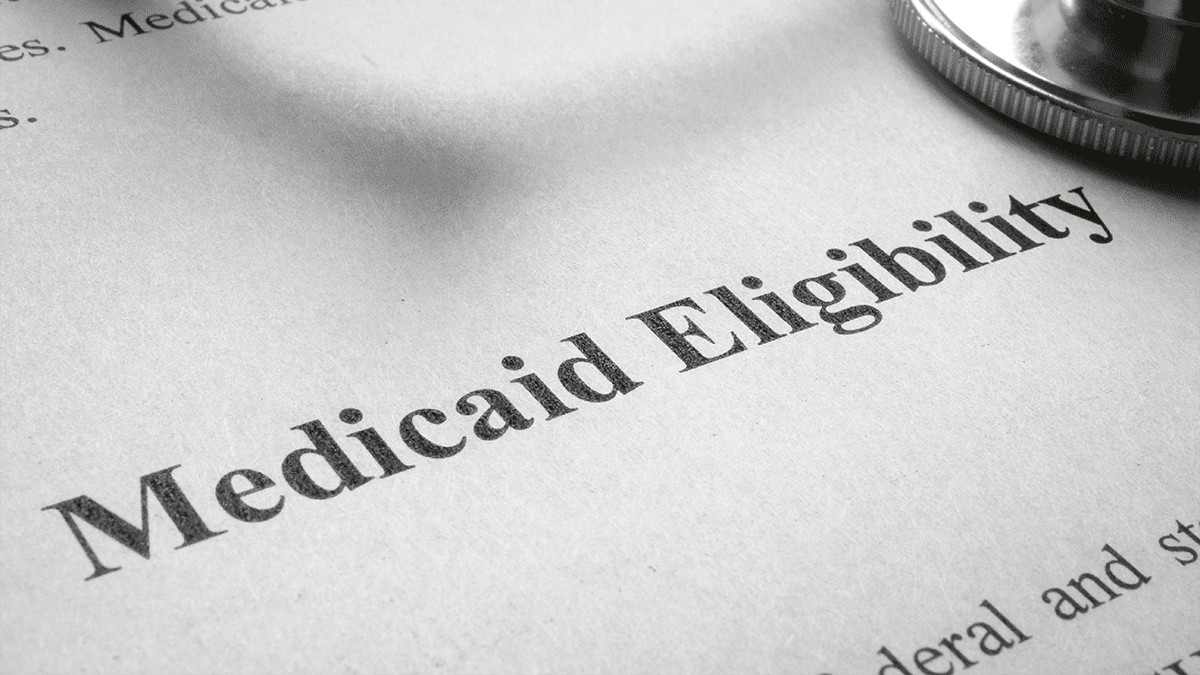KFF Health News reports that Colorado’s Medicaid program is under fire for the large number of beneficiaries who lost coverage after the pandemic-era restrictions were lifted. Despite being a traditionally blue state, Colorado has the second-highest disenrollment rate, which has prompted concerns among advocates for healthcare access and those in need.
Outdated technology and administrative obstacles have compounded the situation, making it difficult for the state to effectively manage enrollments and renewals. As a result, procedural mistakes have led to the unnecessary loss of Medicaid coverage for hundreds of thousands of people.
According to state officials, the decline in Medicaid enrollments can be attributed to Colorado’s thriving economy after the pandemic. They argue that many people secured jobs that provided them with health insurance benefits, which decreased their reliance on safety-net programs like Medicaid.
However, some opponents believe that this view is flawed as a considerable number of those who lost coverage were later deemed eligible for reinstatement. This scenario highlights more extensive worries about healthcare accessibility and the efficacy of state-run benefit programs in catering to the requirements of disadvantaged communities during times of financial transformation.
Concerns are being raised about administrative efficiency and healthcare access in Colorado as it has been reported that 250,000 Coloradans have been disenrolled from Medicaid due to the state’s high rate of cancellations. A photo by Public News Service shows the impact of this disenrollment on the affected individuals and families.
Advocates Push for Medicaid System Overhaul
Amidst the challenges that Colorado faces, there is a rising demand for systemic enhancements in the administration of Medicaid. Advocates stress the importance of simplifying procedures and reducing disenrollment caused by administrative mistakes. The discourse around Colorado’s Medicaid program highlights the intricacies of striking a balance between economic recovery and sustaining a strong social safety net.
It sparks conversations about how states can provide better support for healthcare access to all of their residents, particularly during uncertain economic times and changing healthcare policies. Tackling these concerns efficiently is vital to guaranteeing that disadvantaged communities receive the healthcare coverage that is necessary and rightfully theirs.






